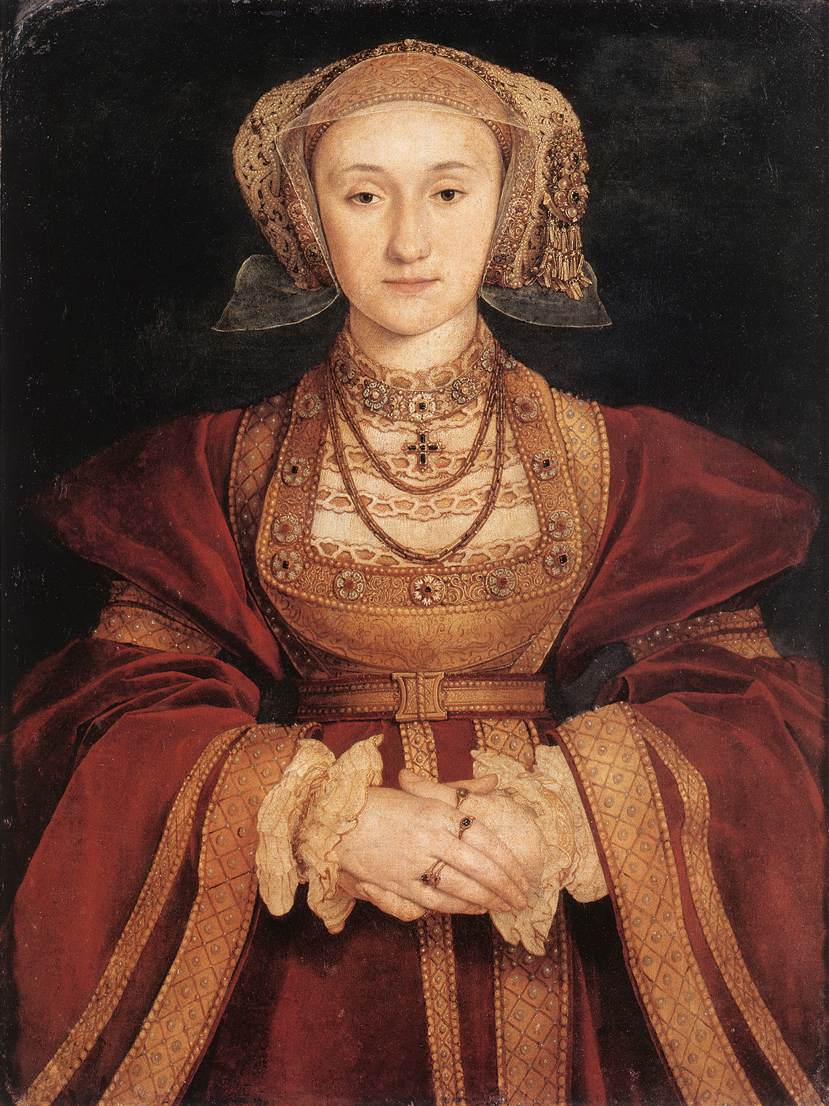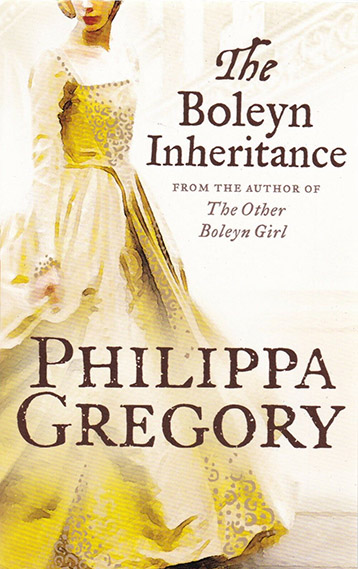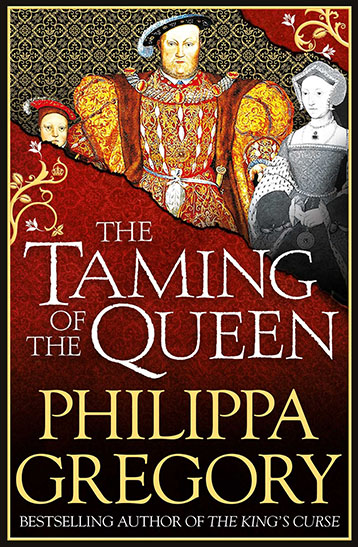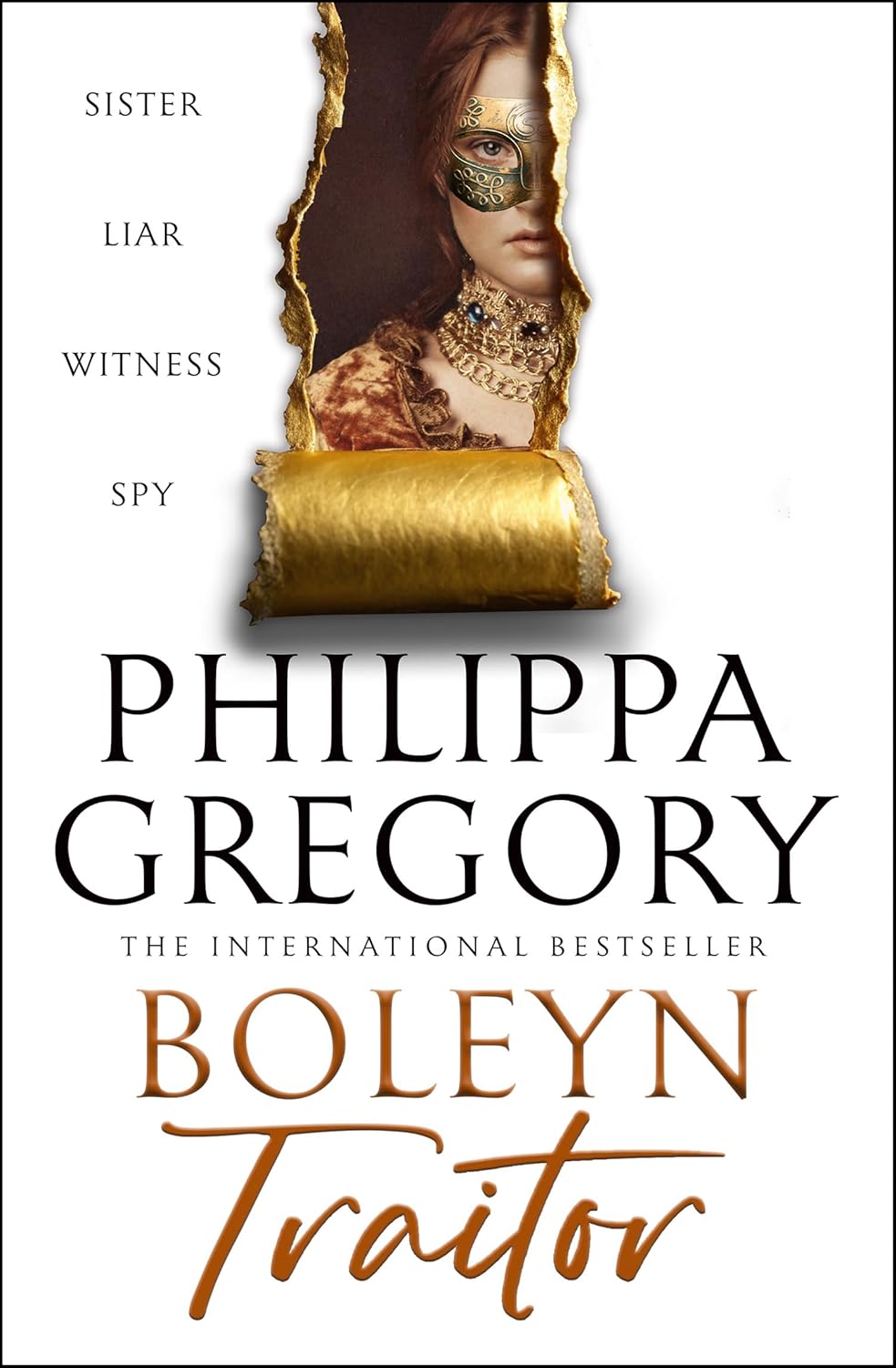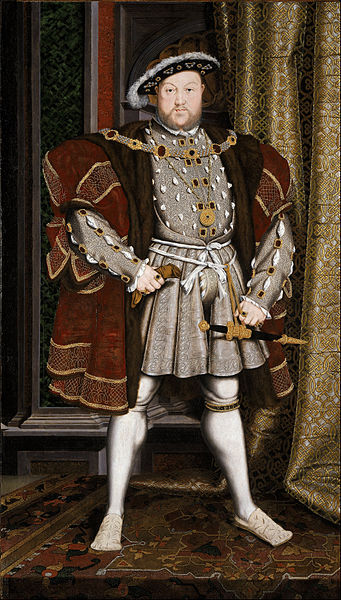Anne of Cleves was born in Düsseldorf in 1515 and was chosen by Henry VIII as his fourth wife based on a portrait by Hans Holbein. She had no formal education but was skilled in needlework and liked playing card games. She could read and write, but only in German.
Anne was described by the French ambassador, Charles de Marillac, as tall and slim, "of middling beauty, and of very assured and resolute countenance".
Despite this, Henry was said to have been disappointed with her appearance. Records describe how Henry and some of his courtiers sneaked into the room where Anne was with her ladies watching the celebration from the window, Henry was wearing a mask and a cloak and he boldly kissed her. Failing to recognize his game, Anne pushed him away, startled, and cursing in German.
Henry’s distaste for his new wife grew and he reported that he was unable to consummate the marriage because of her looks. Six months later, she was asked to leave court and soon after, the pair agreed to an annulment.
Anne received a generous settlement and the title 'the King’s Beloved Sister' and it is thought Henry and she remained close friends.
Anne lived long enough to welcome Henry’s daughter Mary into London as the new monarch and was there at her coronation. When Anne's health began to fail, Mary allowed her to live at Chelsea Old Manor where she died in 1557. She was buried in Westminster Abbey; her tomb may be hard to find but she is the only one of Henry’s wives to be buried in the abbey.
I hardly dare to breathe. I am as still as a block, a smile stuck on my face, my eyes wide open, looking boldly at the artist, appearing, I hope, trustworthy, my frank stare indicating honesty but not immodesty. My borrowed jewels are the best that my mother could lay her hands on, designed to show to a critical viewer that we are not quite paupers, even though my brother will offer no dowry to pay a husband. The king will have to choose me for my pleasant appearance and political connections. I have nothing else to offer. But he must choose me. I am absolutely determined that he will choose me. It is everything to me to get away from here.
From The King's Curse
‘Everyone knows this,’ she says. ‘The king is to put his new wife aside though she has been in the country only seven months.’
At once I think of my princess, Lady Mary, who will lose another stepmother and friend. ‘Put her aside?’ I repeat, careful with the words, wondering if she is to be charged with something monstrous and killed.
‘They say that the marriage was never a true one,’ my maid says, her voice a tiny whisper. ‘And she is to be called the king’s sister and live at Richmond Palace.’
She is wealthy. She comes with a train of horsemen, bringing rich Christmas gifts, carefully chosen to please all of us. She is three years younger than me, fair-haired, dark-eyed, and with a calm untroubled smile. Her rounded prettiness draws admiring glances from people who have forgotten why the king rejected her. She was the Protestant princess and she fell with their leader, Cromwell, when the king turned against reform. She comes to court as if to remind me that there has been a queen before who worshipped in her own language, served God without pope or bishop, took bread and wine not body and blood – and lasted less than six months.
From The Queen's Fool
In the second carriage was the Protestant princess, but the cheers for her were nothing compared to the roar that greeted the diminutive queen every time her chariot rounded a corner. With Princess Elizabeth rode Henry’s neglected queen, Anne of Cleves, fatter than ever, with a ready smile for the crowd, the knowing gleam, I thought, of one survivor to another. And behind that chariot came forty-six ladies of the court and country, on foot and dressed in their best, and flagging a little by the time we had processed from Whitehall to the Tower.
From The Virgin's Lover
‘She is a fool,’ Elizabeth said harshly. ‘She should have seen my stepmother Anne of Cleves when my father asked for a divorce. Her first thought was to oblige him and her second to obtain a reasonable settlement for herself.
Image: Portrait by Hans Holbein the Younger, c.1539
